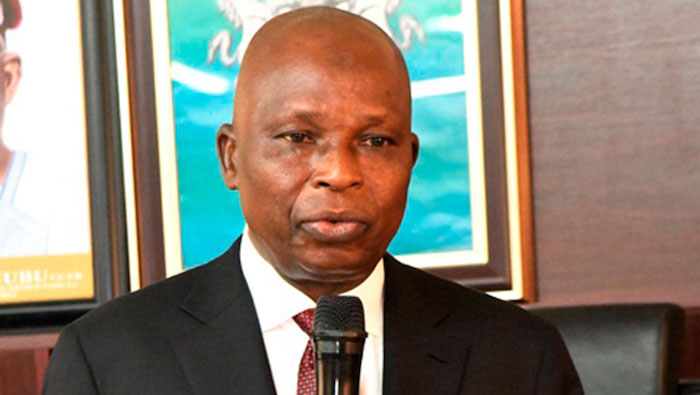Nigerian Government Advocates Restorative Justice in Conflict Resolution
Charles Ogba, Abuja.
The Nigerian Government has called on Stakeholders in the Justice sector to actively embrace and promote the principles of restorative justice in conflict resolution, emphasising the need for a shift from punitive measures to healing, accountability and reconciliation.
The Attorney General and Minister of Justice in Nigeria, Lateef Fagbemi, called during a two-day sensitisation workshop for Facilitators on implementing Restorative Justice in the Federal Capital Territory, FCT, Abuja.
The AGF, represented by the Director of Public Prosecutions of the Federation, Mohammed Abubakar, urged legal professionals, community leaders, and policymakers to work collaboratively in integrating restorative practices into the Nigerian justice system.
“While we are excited about the potential of restorative justice, we must also acknowledge the challenges ahead. Implementing restorative justice in the FCT will require a shift in mindset, both among stakeholders and the public. There may be resistance from those who are used to the traditional disciplinary justice system,” he said
“Restorative justice offers a chance to humanize the justice system, making it more responsive to the needs of victims and offenders alike. It offers a way to address the root causes of crime and conflict, rather than merely punishing the symptoms and most importantly, it offers a path to healing for individuals and communities,“ he added.
He highlighted that fostering a culture of restoration not only benefits victims but also plays a crucial role in rehabilitating offenders and strengthening community ties.
“As we move forward, let us remember that restorative justice is a shared responsibility. It is not the sole domain of any one group or institution. Success will depend on how well we collaborate, communicate, and support one another. The journey ahead will require commitment, open-mindedness, and a willingness to adapt,” he said.
The Director of Administration of Criminal Justice and Reforms Department, Mrs. Leticia Ayoola-Daniels said the workshop was designed to bring stakeholders together to deepen the understanding of Restorative Justice, align efforts, and ensure that its implementation is effective, coordinated, and impactful.
“Restorative Justice, as we all know, offers an inclusive approach that seeks to heal rather than simply punish. It engages offenders, victims, and the community in a meaningful way, promoting accountability, healing, and rehabilitation,” she said.
The traditional ruler of Kwali, Etsu Luka Ayedoo while speaking, said traditional institutions play pivotal roles in ensuring the implementation of Restorative Justice.
“Like I said earlier, restorative justice is our traditional system of dispensing justice. So, we own it. What we have today is a system taken from us but garnished with some icing. The current justice system we have does not give a direct place for the traditional institutions to be involved. And yet, they own and they’ve been the lead role players in restorative justice in our communities,” he said
Ayedoo said that creating a pathway for restorative Justice will open doors for the traditional institutions and the conventional justice system players to play complementary roles.
“If we have those pathways, we would be able to harmonize what is happening at our various traditional palaces with what is happening at the system,” he added.
The former Director General of the Nigerian Institute of Advanced Legal Studies, Prof. Muhammed Ladan, said that the adoption of the Restorative Justice system was to address the problem in the criminal justice system.
He said that the twin problems of court congestion and overcrowding of the correctional centres would be reduced drastically through restorative justice.
Dominica Nwabufo


Comments are closed.